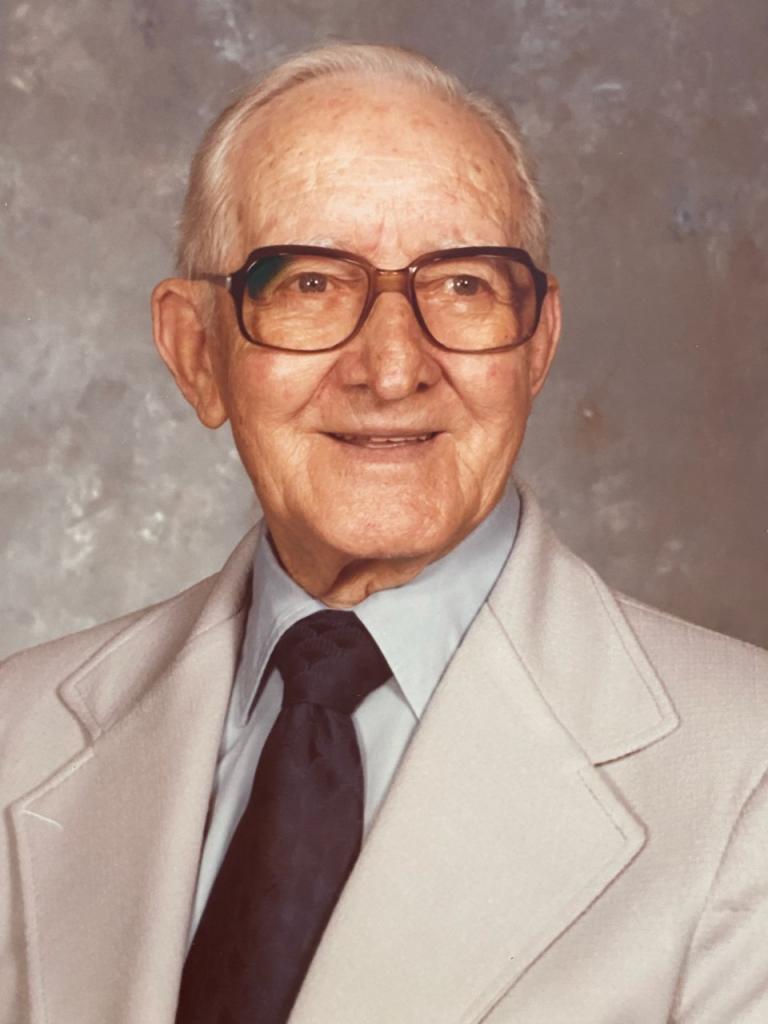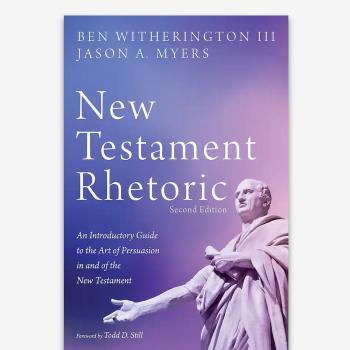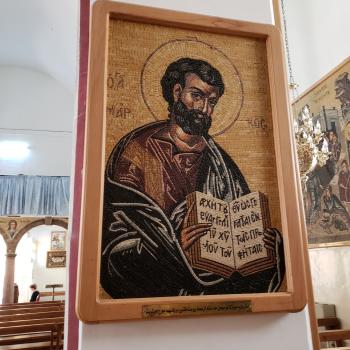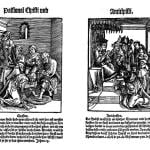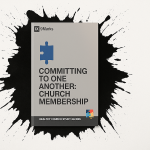10/13/1974
What is the conscience? That little shock of reality which reminds us of what is right and what is wrong. Esau sold his birthright with profane indifference, yet what would he have given years later to have been able to change his father’s mind. What bitter tears a few minutes of pleasure cost him.
Ahab said to Elijah when his royal chariot was accosted, ‘Have you found me, oh my enemy’? Why should he say this when a short time before they had parted as friends? The very spot where they met provides the answer. It was the vineyard of Naboth, which Ahab had obtained by murder. Now, because his conscience was troubling him, he called Elijah an enemy. Judas Iscariot, in the moment of his success, knew bitterest remorse. He wept and tried to give back the money he had been paid to betray Jesus, then he went out and hanged himself.
Felix the Roman governor stood trembling before the prisoner Paul in the Imperial Palace in Caesarea, because Felix was a slave of a guilty conscience. So then, what is conscience?
In Rom. 2.15 Paul describes persons who show the work of the Law written in their hearts, their conscience also bearing witness, and their thoughts in the meanwhile accusing or excusing one another. God has put within each of us something that cries aloud against us whenever we do that which we know to be wrong. Conscience is the detective that watches the direction of our steps and decries every conscious transgression. Conscience is a vigilant eye before which each imagination, thought, and act is held up for either censure or approval.
A man once said conscience is a little three-cornered thing inside me. When I do wrong it turns around and hurts me very much, but if I keep on doing wrong it turns so much that the corners wear off and it doesn’t hurt me any more, and that is true of all of us. Conscience is the detective that stalks our steps, but can also be the voice of God, yes that little light of the soul.


